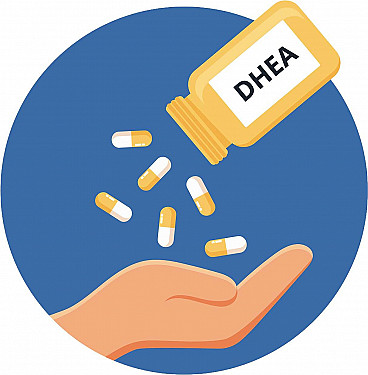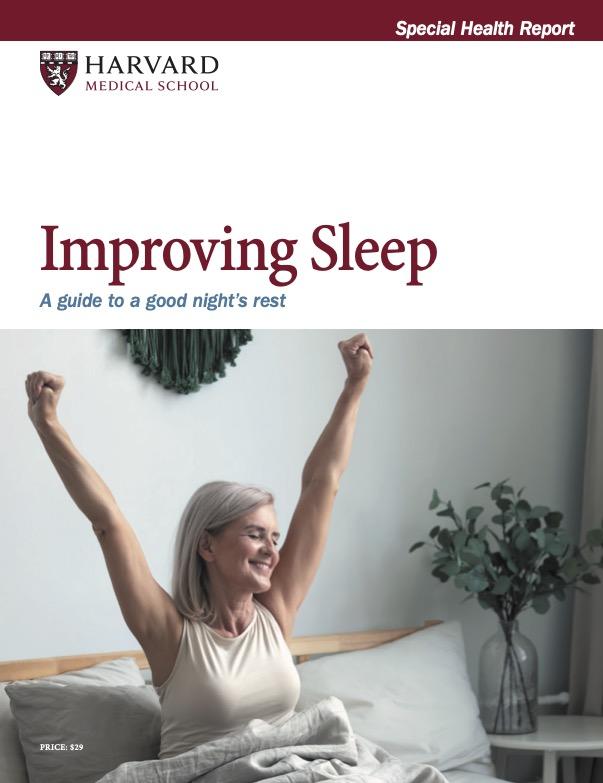Morning blue light therapy may offer many benefits for older adults
In the journals
- Reviewed by Howard E. LeWine, MD, Chief Medical Editor, Harvard Health Publishing; Editorial Advisory Board Member, Harvard Health Publishing

Daily exposure to blue-enriched light can improve sleep quality and increase activity levels in older adults, according to a study published online Jan. 17, 2025, by GeroScience. Thirty-six participants ages 60 and older sat in front of a light box emitting either a blue-enriched white light or a control white light for approximately two hours each morning (before 11 a.m.) or two hours each evening (before 10 p.m.) for three weeks. They then switched to the other light for another three weeks. Light boxes were placed at head height, about 24 inches away from the face.
Participants recorded their sleep patterns, such as their bedtime, how long it took to fall asleep, how often they woke during the night, and how long it took to fall back to sleep. They also marked the duration and frequency of daytime naps. Researchers recorded their daily movements with activity trackers. The results showed morning blue light therapy led to greater activity, earlier bedtimes, regular sleep patterns, and improved sleep quality. However, the researchers noted that longer evening blue light exposure (two-plus hours) made it more difficult to fall asleep and caused more restless nights. This suggests morning blue light exposure might be most beneficial. According to the researchers, morning blue light "wakes up" the brain, which increases alertness and synchronizes the sleep-wake cycle.
Image: © Kmatta /Getty Images
About the Author

Matthew Solan, Former Executive Editor, Harvard Men's Health Watch
About the Reviewer

Howard E. LeWine, MD, Chief Medical Editor, Harvard Health Publishing; Editorial Advisory Board Member, Harvard Health Publishing
Disclaimer:
As a service to our readers, Harvard Health Publishing provides access to our library of archived content. Please note the date of last review or update on all articles.
No content on this site, regardless of date, should ever be used as a substitute for direct medical advice from your doctor or other qualified clinician.
















